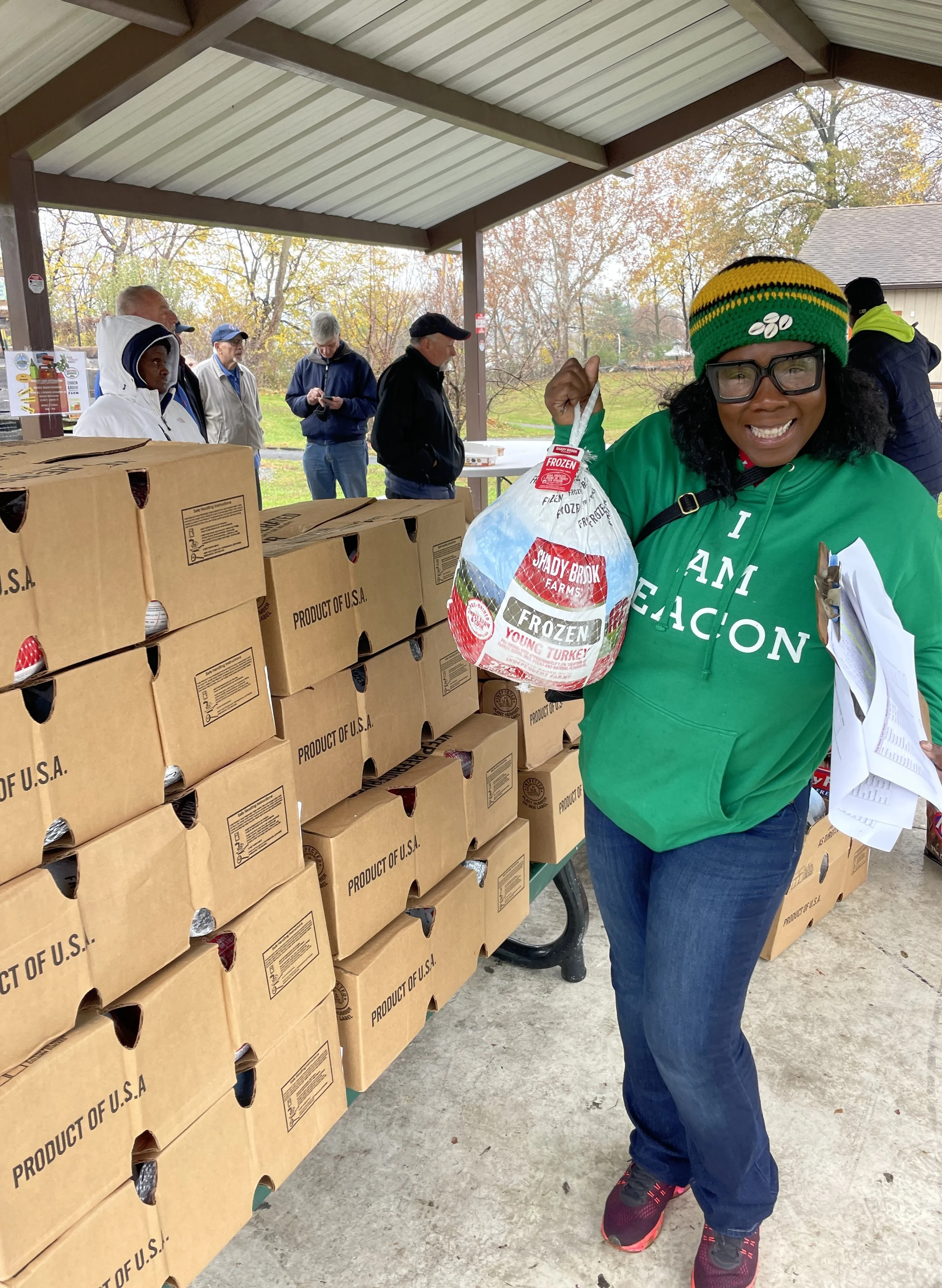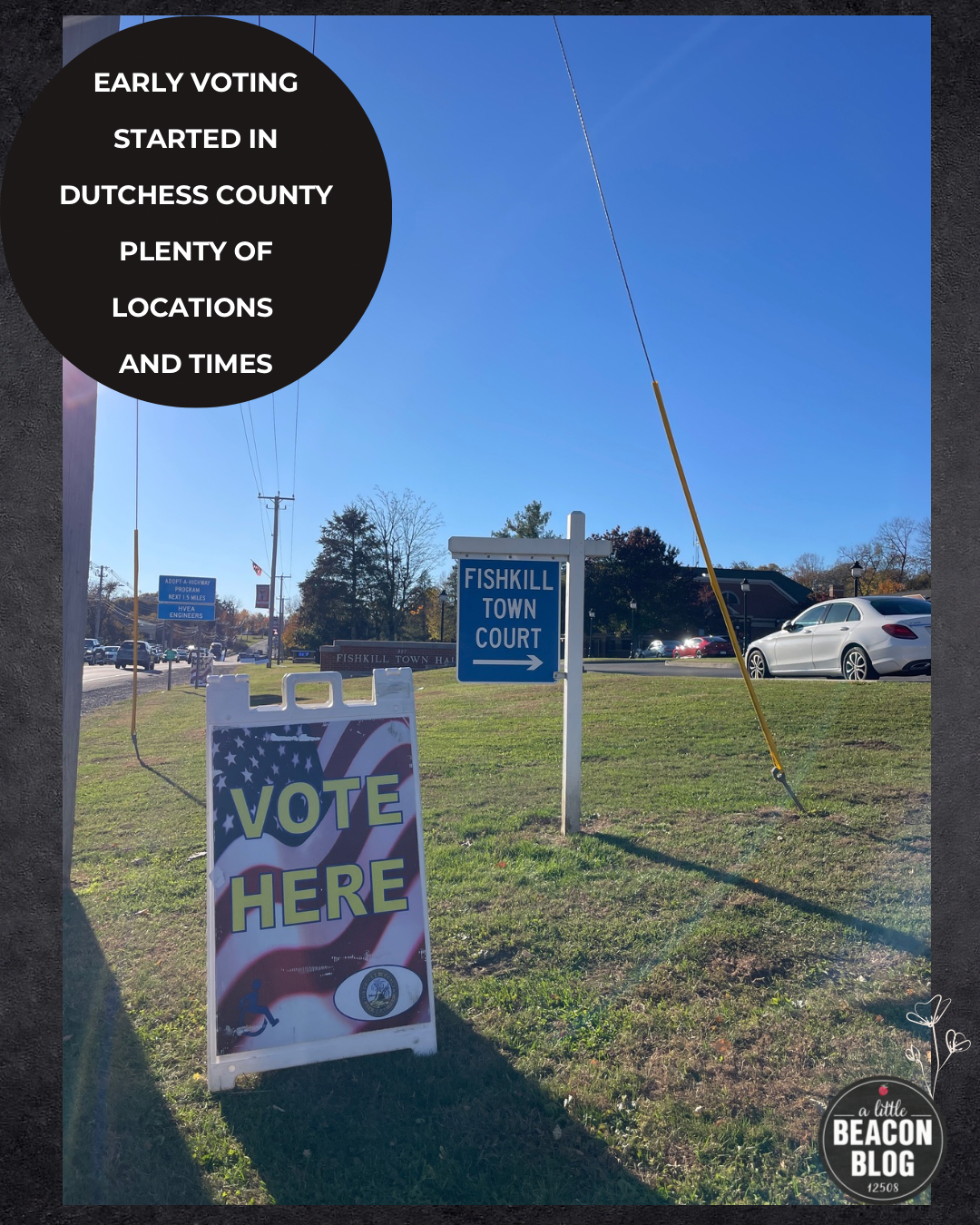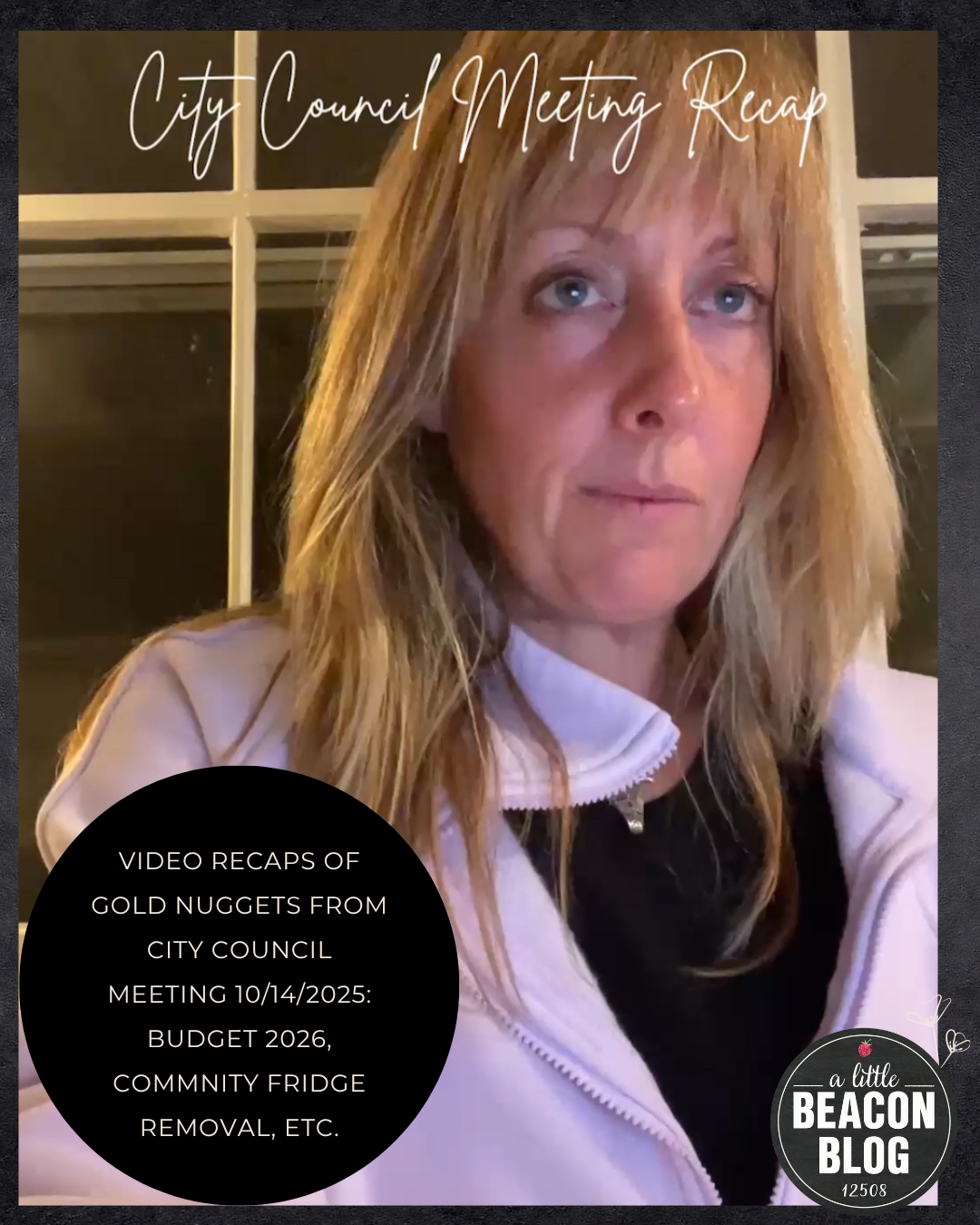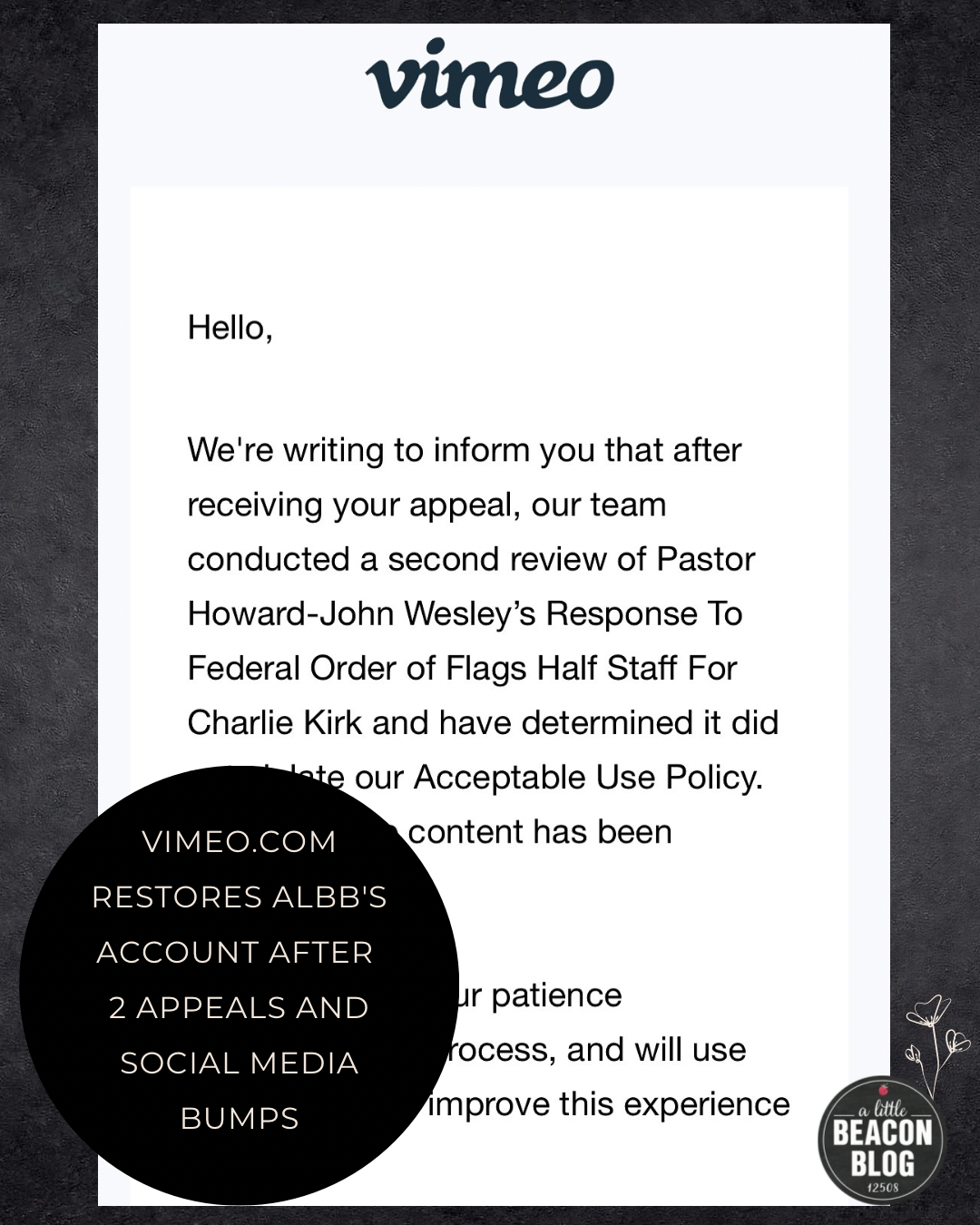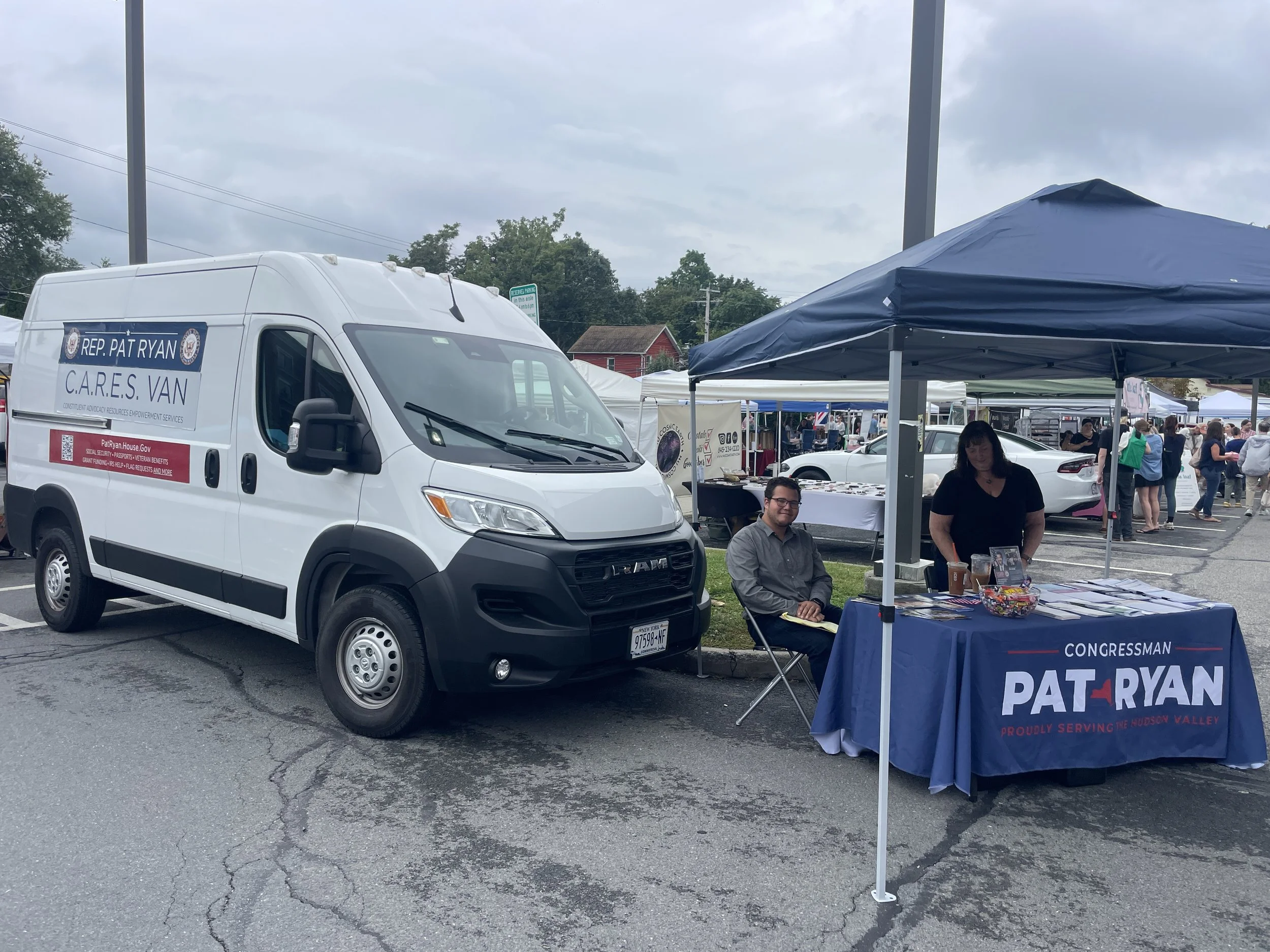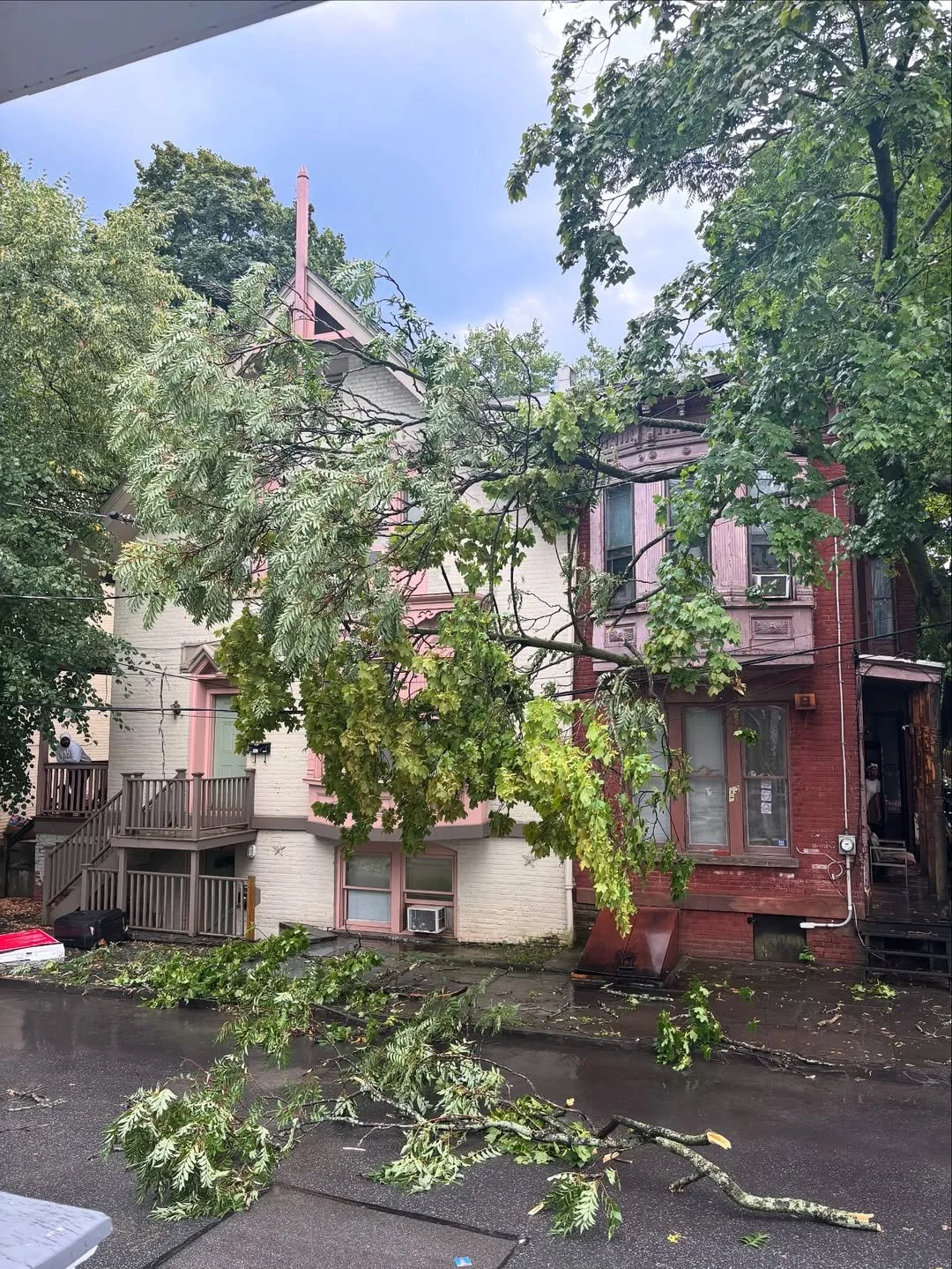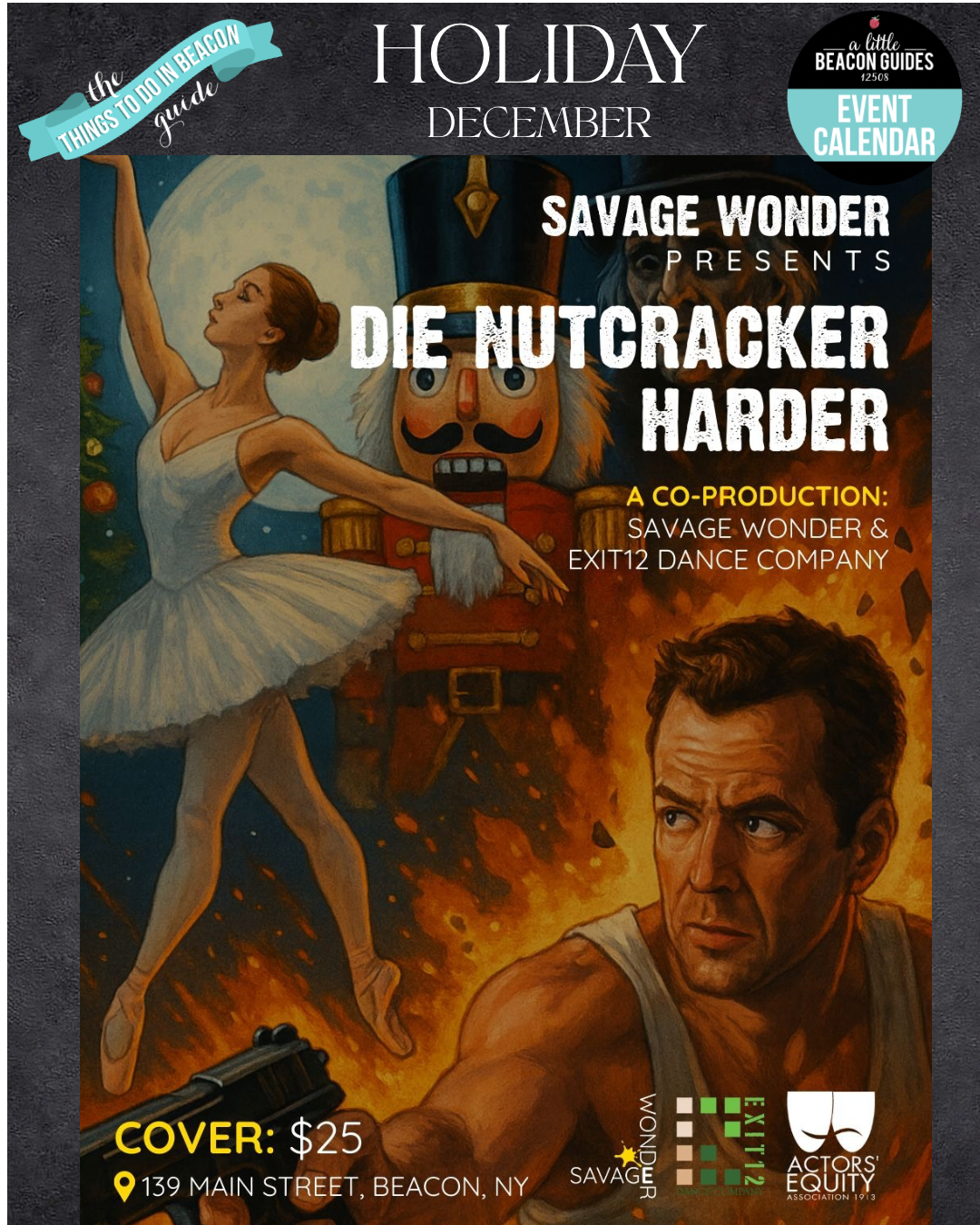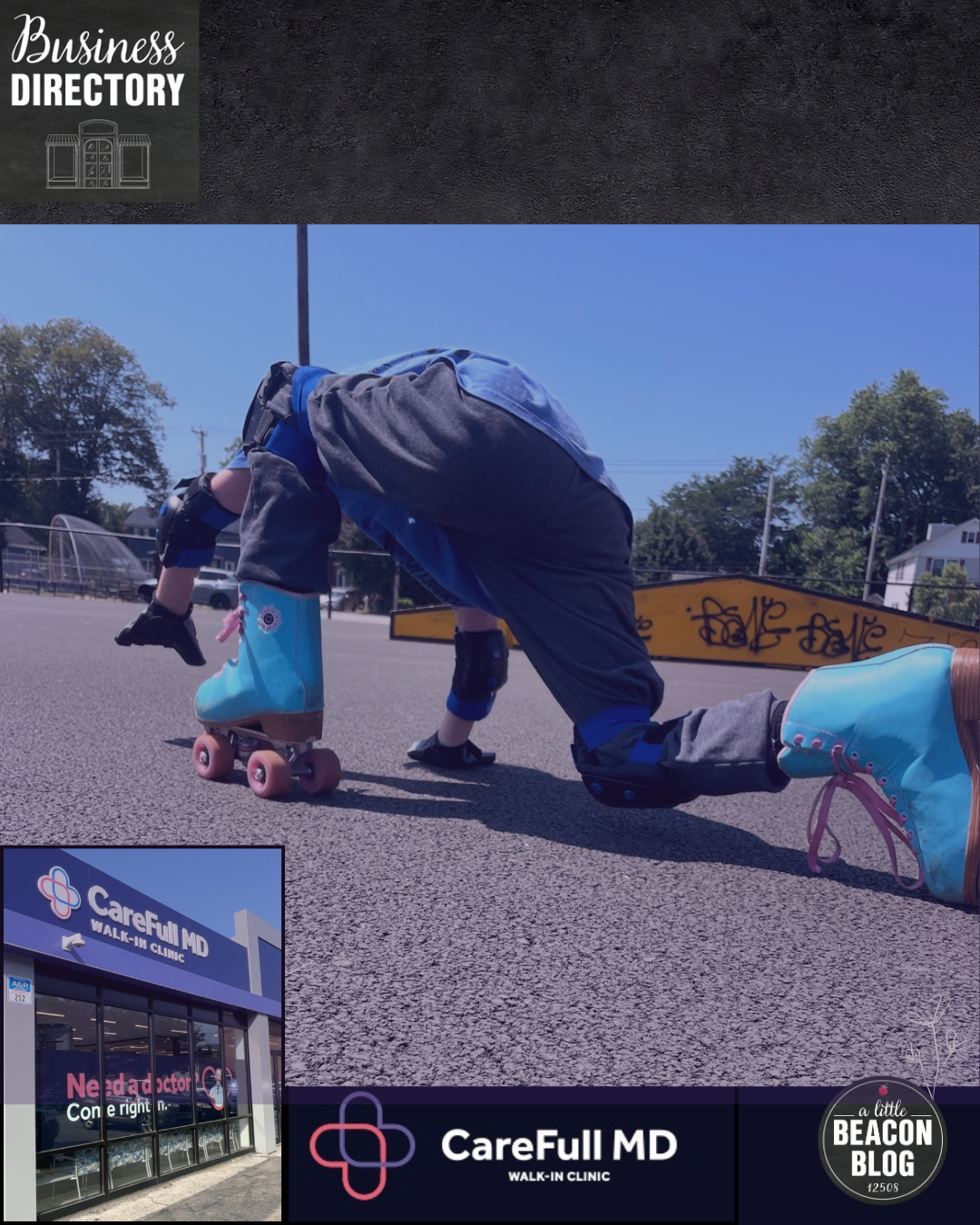Videos: Interviews Regarding The Emergency SNAP Money From The Beacon Farmer's Market and the City of Beacon
/This article is a roundup of the video interviews we did with the Farmer’s Market and the City of Beacon. During that time, things were moving so fast, ALBB’s content only made it to Instagram. Below, please find those write-ups and accompanying videos.
How The Beacon Farmer’s Market Converts SNAP Money into Farmer’s Market Money Currency
Today we look at the SNAP program at the Beacon Farmer’s Market which is run by Common Ground Farm. Taking us through the process of converting SNAP (aka Food Stamp) dollars is Amy Bandolik, the Market Manager for the Beacon Farmer’s Market. Not only can SNAP dollars be spent here, but they are doubled with assistance from:
➕ The New York State Fresh Connect $2 card program that helps give people access to farm fresh produce and farmers receiving revenue from SNAP.
➕ Greens4Greens $5 cards program from funds raised from their Soup4Greens annual fundraiser, and right now during this federal government shutdown. Donations are being accepted right now for SNAP recipients - and anyone in need - at the Managers Tent in the market or online.
Amy walks us through what happens when the SNAP card is run for $10, and how it multiplies the money exchange The SNAP card gets filled up, so with it not getting filled up, the market continues to make it work by honoring those with cards - and those in need who might not have cards or never applied - with the base amount and these additional dollars.
Thank you for your support. The market is busy today and people are donating. Come in for assistance if you need it. Don’t be shy.
Thank you to all of ALBB’s sponsors and readers who donate to us to make our reporting possible. Producing independent media is our full time job 🥰
New York States Drops More Dollars For Anyone In Need - Available At The Beacon Farmer’s Market
📣 BREAKING NEWS: New York State has sent additional $2 Fresh Direct Coupons to those in need. Not just SNAP recipients, but those in need. Amy, the Market Manager for Beacon Farmer’s Market received these additional $2 Fresh Direct coupons 💸 to her mailbox yesterday.
Here’s How It Works:
If you are in need for your food situation, you can come to the Manager’s Table each week from November to December 2025 to pick up:
$20 in Fresh Connect coupons. This can buy you meat, produce, other qualifying foods from the vendors at the Beacon Farmer’s Market.
- plus -
$30 Greens4Greens from Beacon Farmers Market fundraiser. People have been donating, and this is what the money turns into. Emergency food money for those in need. You can even buy coffee beans and pastries with these at the market.
Both available each week November-December 2025. No verification required. There is an income qualifying table, but New York State has granted that if you state you are in need, you will be provided for.
How the City of Beacon Distributed Their $50,000 of Emergency SNAP Grocery GIft Cards
Here on this very windy Sunday at the Beacon Farmers Market with Heidi Harrison of Beacon Parks and Recreation Department, handing out their Emergency SNAP Grocery Card Distribution initiative to SNAP Receipts who are Beacon residents. The City’s offering to SNAP recipients living in Beacon is $50 for the Farmers Market or $60 Grocery Gift Card for Key Food Beacon. Bring Photo ID, piece of mail as proof of residency, and SNAP Card to pick up.
This is a one-time emergency distribution so far. One per name on the SNAP list for Beacon residents. Find Heidi next to the Beacon Farmer’s Market Managers Tent to pick up your Gift Card if you haven’t yet. One per household right now.
Here today for added convenience, but only today. Coupons or Cards are available for pickup during the weekdays at the Beacon Parks and Recreation Office at 23 West Center Street.
SNAP Recipients: Go pick up! They have your name already, so you’re all set. There are 80 people who still need to pick up their card. No re-application necessary.



